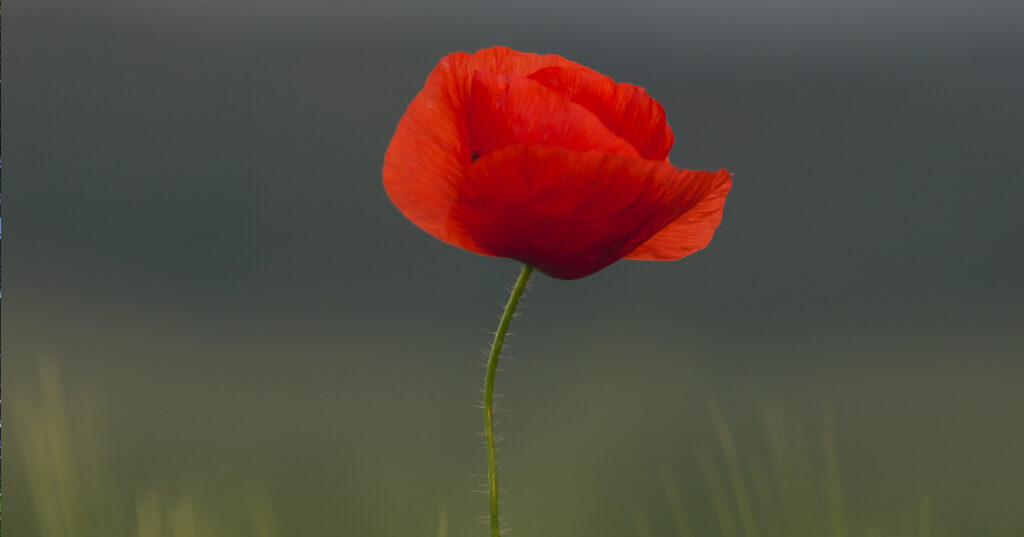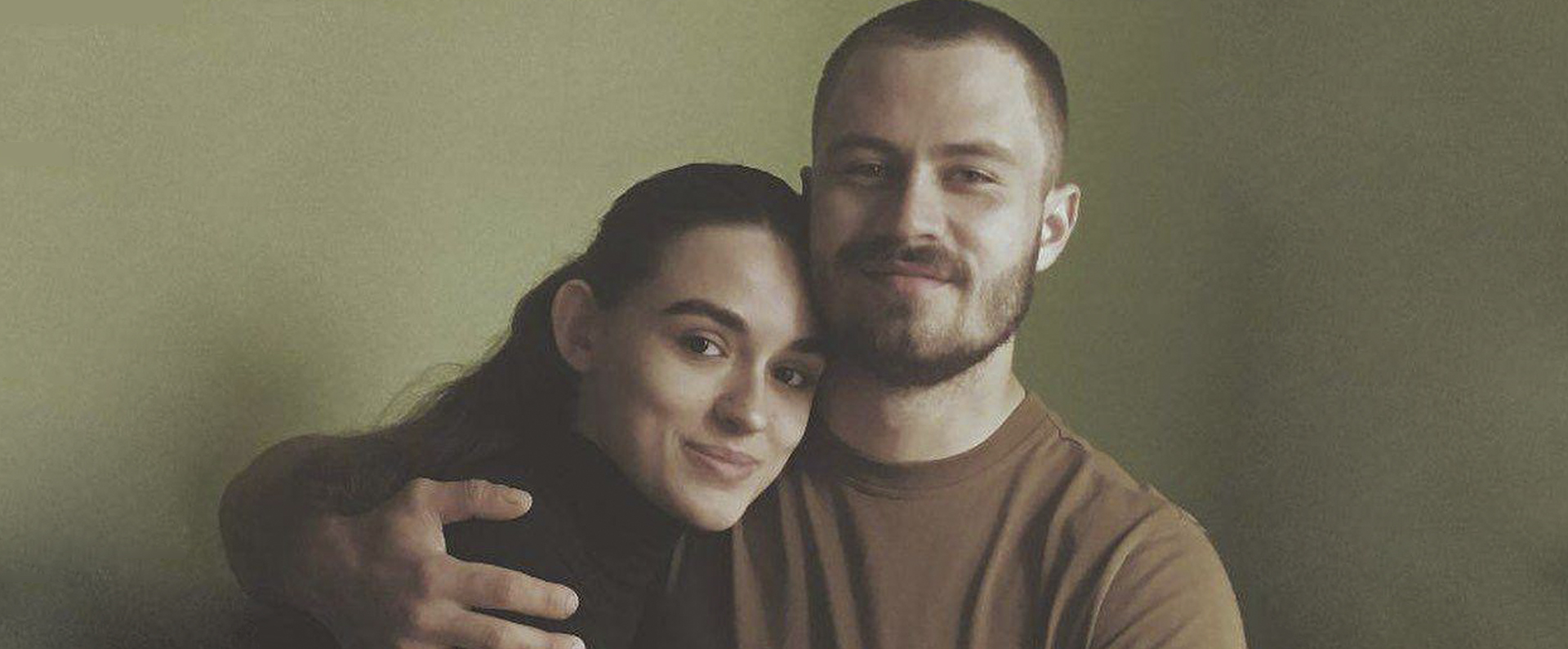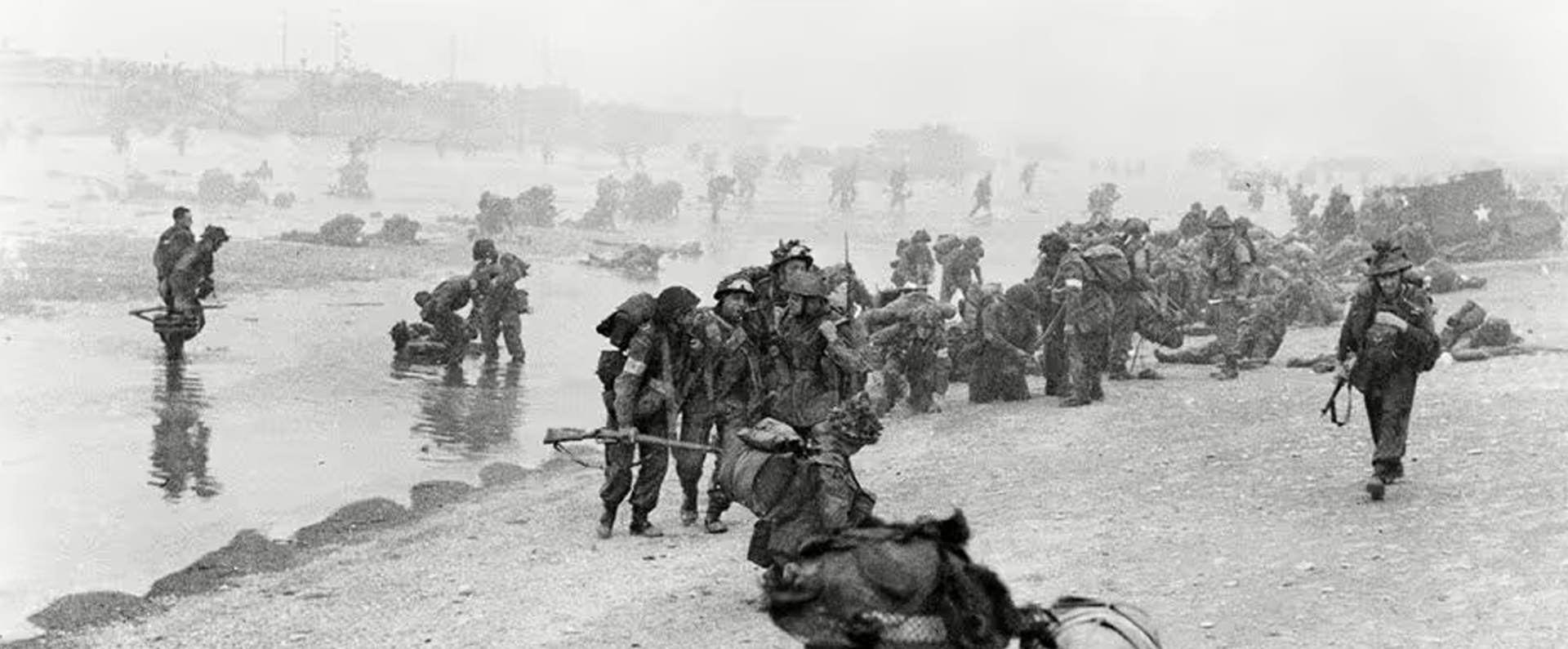
Yesterday afternoon I had been due to speak to a House of Lords debate entitled: “That this House takes note, on the eve of Remembrance Day, of the debt which our nation owes to all those who have sacrificed their lives in the defence of the Realm.” It is a condition that those who speak in a debate are there at the beginning to hear the opening speech of the Minister.
The Chief Whip’s office had informed me the debate was due to begin between 1.45pm and 2pm, and so I arrived in good time. Unfortunately the prior debate had concluded earlier than expected and I missed the opening Ministerial speech. I therefore had no choice but to withdraw my name from the list of speakers. I was gutted that my modest tribute to our fallen would not be heard. However, rules are rules and I had breached them.
But then I had a thought: the House of Lords’ loss could be ConservativeHome’s gain. I am now reproducing the speech in full and, perhaps, it will reach a wider audience on ConservativeHome than it would have done reproduced in Hansard:
My lords. When Big Ben strikes 11 tomorrow morning, I, like the majority of the nation, will bow my head to observe the two-minute Remembrance Day silence – a wonderful tradition that dates back, of course, to the end of the First World War.
As is the purpose of the sombre occasion, the nation will pay a silent tribute to all our servicemen and women who lost their lives in two world wars and other global conflicts, right up to the present day as our troops continue to serve in Afghanistan and other trouble-spots.
But I will also allow myself time to reflect on just why, other than the element of tradition, we are all remembering our war dead. Partly, it is out of an immense respect for the fallen: that on at least one day a year, the nation should be united in honouring those who have died. Partly, too, it is out of gratitude: to recognise the debt we owe to each man and woman who died in order to ensure our freedom and the freedom of millions of others across the world.
In my case, however, I will spend part of the two-minute silence pondering the bravery of our war dead. And it is the whole concept of courage that I would like to address today as part of our wide-ranging discussions on the eve of Remembrance Day.
Public admiration for the gallantry of men goes back many centuries. As Aristotle, the 4th century BC Greek philosopher, said: “You will never do anything in this world without courage. It is the greatest quality of the mind next to honour.”
Nobody pulls on a military uniform and defends his or her country, or travels to a foreign war zone, without knowing he or she is putting the most precious gift of all – life itself – on the line. Whether that person went “over the top” at the Battle of the Somme, climbed into the cockpit of a Spitfire during the Battle of Britain or was dropped behind enemy lines in an SAS-style operation in the Falklands War, that individual, and many others like them, had to dig deep and show real courage.
As Tim Pawlenty, the US politician and until earlier this year the Governor of Minnesota, once said: “History has taught us over and over again that freedom is not free. When push comes to shove, the ultimate protectors of freedom and liberty are the brave men and women in our armed forces. Throughout our history, they’ve answered the call in bravery and sacrifice.”
I have an interest in bravery, in general, and gallantry medals, in particular, that stretches back to my childhood. This grew partly from my interest in events from the Second World War and, more specifically, because I had been inspired by my father, Eric Ashcroft. My late father was a modest man but eventually he told me of his own terrifying experiences on June 6, 1944, during the D-Day landings. He movingly recalled how he and other officers had been told to expect 75 per cent casualties – dead and wounded – as they landed. My father’s CO, a Colonel, was, in fact, shot dead at his side shortly after arriving at Sword Beach. My father himself was wounded by shrapnel but he fought on until he was eventually ordered from the battlefield. As a small boy, I sat wide-eyed as he painted a vivid picture of his small landing craft crashing through the waves towards Sword Beach and as he conjured up the sense of fear as he and his men approached the inevitable hail of machine-gun fire that would “welcome” them as they raced towards French soil. I felt a surge of pride that my father – Lieutenant Eric Ashcroft – had played such a courageous part in the war effort.
Gradually, my interest in bravery grew and grew. Courage is a truly wonderful quality yet it is so difficult to understand. You can’t accurately measure it, you can’t bottle it and you can’t buy it, but those who display it are, quite rightly, looked up to by others and are admired by society. Wiser – and braver – men than me have struggled to comprehend gallantry and what makes some individuals risk – and sometimes lose – their lives for a comrade, for Queen and country or even for a complete stranger. The late Brigadier The Right Honourable Sir John “Jackie” Smyth, Baronet, VC, MC, was the founder, first Chairman and, later, the President of the Victoria Cross and George Cross Association. With typical wisdom, Jackie once wrote: “Who can say whether it takes more courage to attack an angry bull elephant with a spear, than to disarm a very sensitive mine, or to have your toenails pulled out and still disclose nothing, or to dive into a burning aircraft to try to pull out members of the crew when the rescuer was well aware that the plane was carrying bombs which might explode at any moment.”
Yet, I long ago realised that even if I, and others, cannot fully understand bravery, we should nevertheless embrace it, treasure it and champion it. Over the years, my passion for bravery transformed itself into one for gallantry medals. Such medals, many of them awarded posthumously, are the tangible record of an individual’s service and courage. Shortly after my 40th birthday, when by then I was fortunate enough to have made a little money as an entrepreneur, I bought at auction my first Victoria Cross. It was a decoration that had been awarded to Leading Seaman James Magennis for valour during the last year of the Second World War. Although I had initially intended the purchase to be a one-off, I quickly decided to build a collection. One VC became two, soon the collection hit double figures and today the collection stands at more than 170 VCs. As my collection became the largest in the world, I wanted to bring the medals to a far wider audience.
On Remembrance Day last year, after an incredible amount of hard work by a very large number of people, I had to undertake a hugely enjoyable task. I attended, and addressed, the opening, by HRH The Princess Royal, of the new gallery at the Imperial War Museum which bears my name. Since then, the gallery has housed not just my VC and George Cross collection, but also the VCs and GCs that were already in the care of the Imperial War Museum. Over the past year, the gallery has gone from strength to strength and it has undoubtedly achieved its aim of educating and inspiring the public to value bravery and fully to appreciate those servicemen and women who lost their lives fighting for their country. The Extraordinary Heroes exhibition has been attended by the very old and the very young alike. Today I have little doubt that there are a large number of small boys and girls up and down the country who, as a result of visiting the gallery, will now understand, for the first time, what Remembrance Day is all about.
On the eve of a day when we remember the many, I will highlight just one posthumous VC in my collection. It is the decoration awarded to Private George Peachment who, at just 18, is one of the youngest men ever to receive the VC. During heavy fighting at the Battle of Loos in September 1915, Private Peachment’s company commander, Captain Dubs, was seriously injured by a bomb which blew away part of his face. The young private ignored a heavy fire to crawl to his wounded officer and he began to dress his wound. His VC citation told how “Private Peachment never thought of saving himself. He knelt in the open by his officer and tried to help him, but while doing this he was first wounded by a bomb and a minute later mortally wounded by a rifle bullet.” In fact, Captain Dubs survived and later wrote a long and affectionate letter to Private Peachment’s mother which ended: “I can’t tell you how much I admired your son’s bravery and pluck. He lost his life trying to save me and no man could have been braver than he was….Your son died the finest death a man can die, he showed the greatest gallantry a man can show.”
Indeed, the bravery of some men, and women, never ceases to amaze me. In June 2012, an overdue memorial will be completed in Hyde Park for the 55,000 airmen who lost their lives in Bomber Command during the 2nd World War. From the Bomber Command Association, I have been told that in 1943 of 100 airmen who had 30 missions only 16 completed their tour and could fly again, 25 were taken prisoner, 5 were so injured they couldn’t fly again and 54 died or were missing. Nonetheless they took to the skies whenever duty called.
My lords, if this short speech has made any impact on you, could I ask that, when you bow your heads at 11am tomorrow to remember the self-sacrifice of the fallen, you also spare a moment to recall the bravery of men like Private George Peachment VC and the members of Bomber Command. As the late, great Sir Winston Churchill once said: “Without courage all virtues lose their meaning.”
Thank you very much.
Read this story on Conservative Home.



